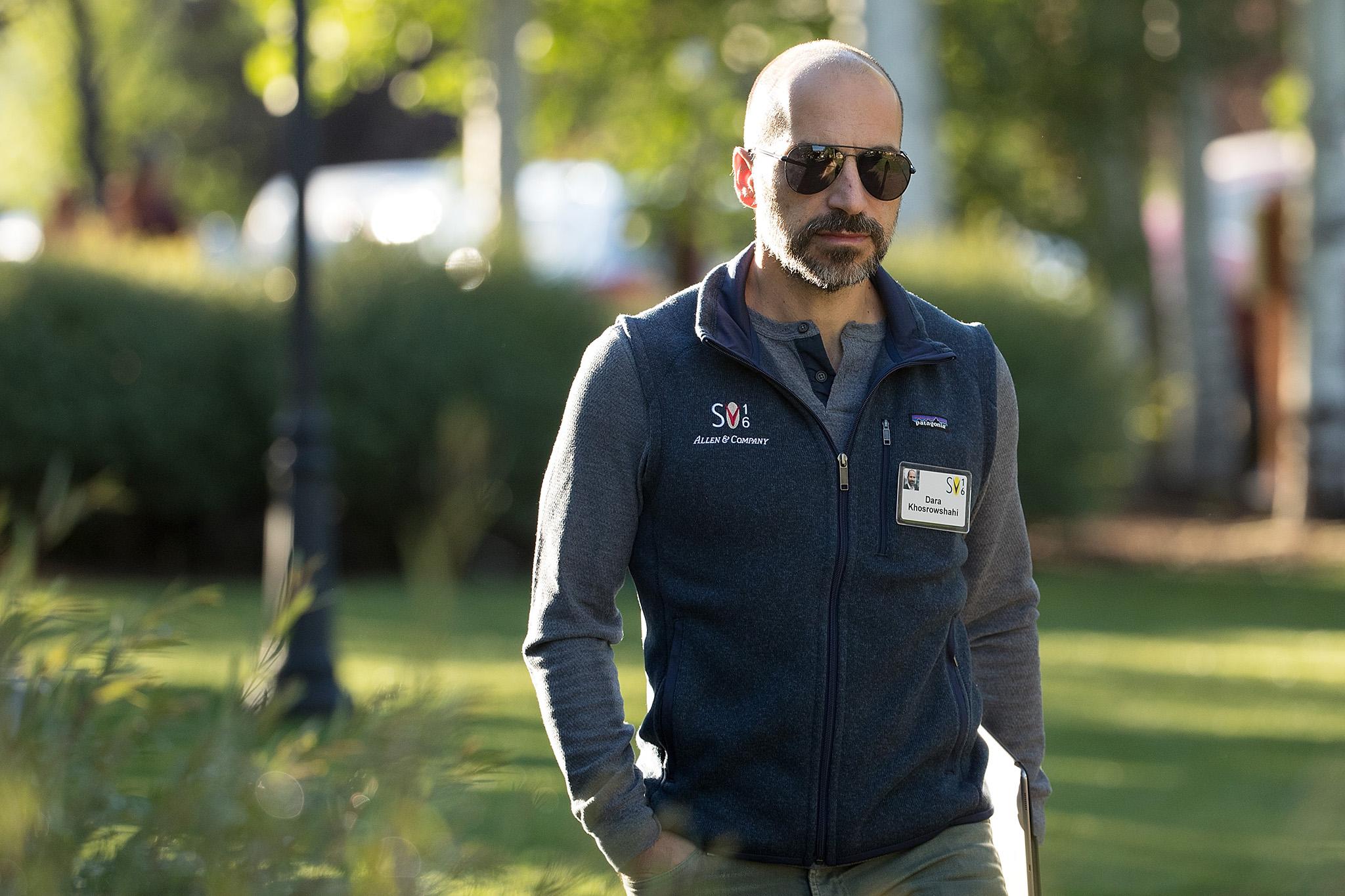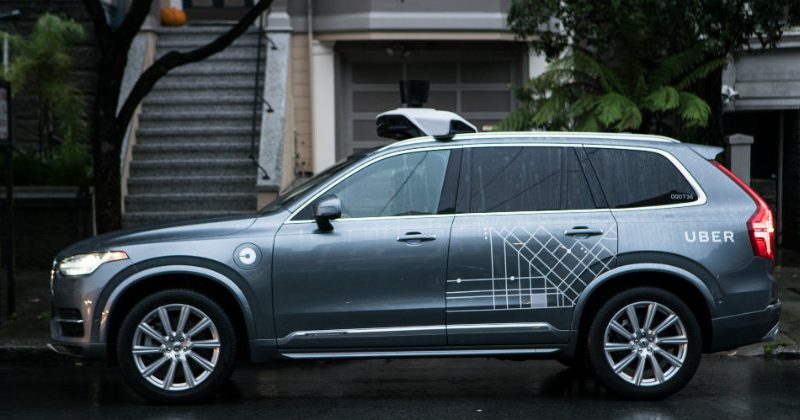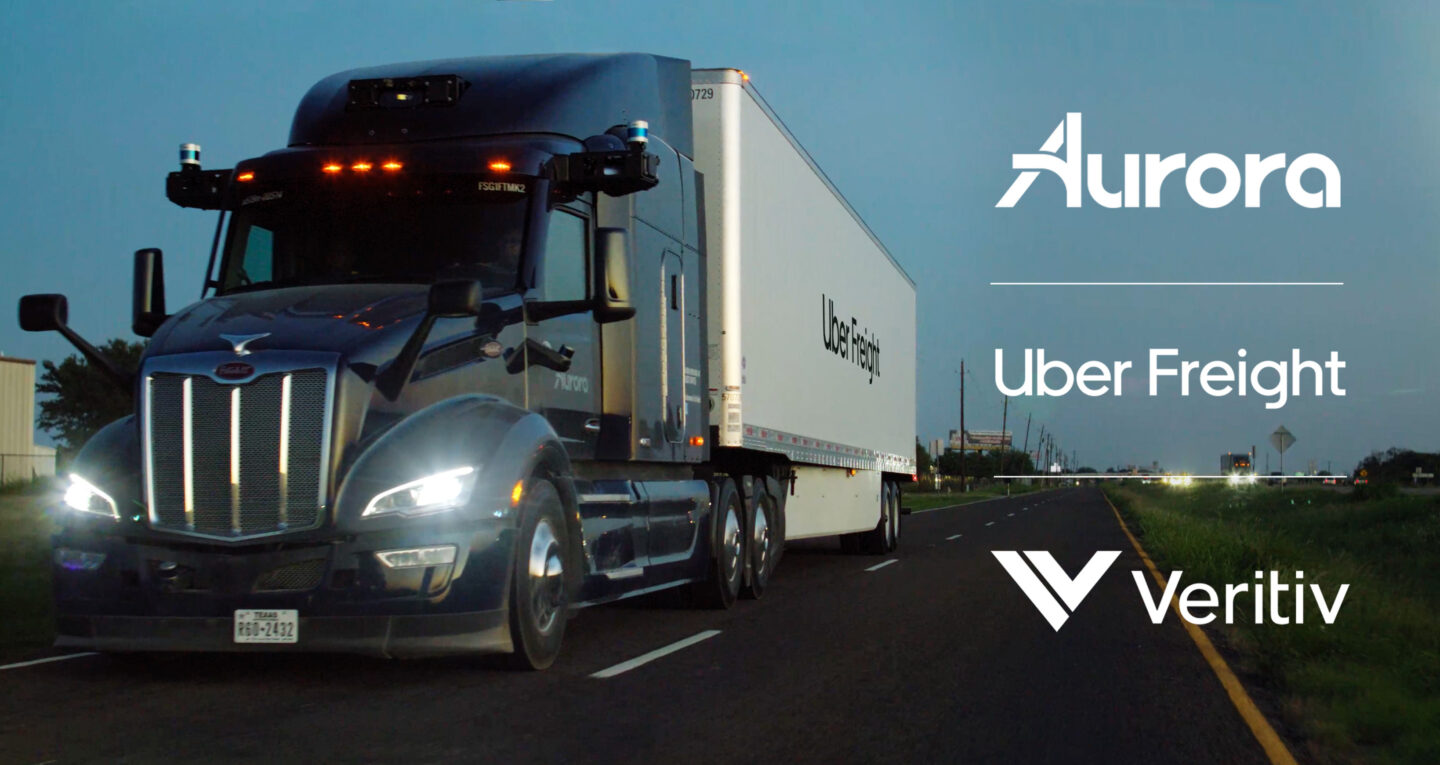Dara Khosrowshahi, the Chief Executive Officer of Uber, has made the decision to step down from the board of directors of Aurora Innovation, the autonomous vehicle technology company specializing in self-driving trucks. The move was officially announced in a regulatory filing on Friday, citing Khosrowshahi’s wish to focus more on his ongoing duties at Uber and to minimize his external board commitments. This change took effect as of January 2, 2025. While the announcement made clear that Khosrowshahi’s departure was amicable and not due to any disagreements with the company, it still raises questions about the future trajectory of both Uber and Aurora, as well as the evolving dynamics within the autonomous vehicle (AV) sector.
Here's ads banner inside a post

Khosrowshahi’s relationship with Aurora goes back several years, with the two companies having formed a partnership in 2020 when Uber sold its self-driving division, Uber ATG (Advanced Technologies Group), to Aurora. This deal was a landmark moment for both companies, representing a significant shift in the AV industry. As part of the arrangement, Uber not only sold its ATG unit but also invested $400 million into Aurora, thereby securing a 26% stake in the newly-formed combined company. Khosrowshahi, by virtue of his role at Uber, joined Aurora’s board as part of the transaction.
Here's ads banner inside a post
The partnership between Uber and Aurora has remained strong over the years, with Uber continuing to engage in the autonomous vehicle ecosystem through its freight division, Uber Freight. Uber Freight is a platform that connects shippers and carriers, and it has found an ideal complement in Aurora’s self-driving truck technology. In June of 2024, the two companies announced a multi-year collaboration that would see trucks equipped with Aurora’s self-driving technology integrated into the Uber Freight network, further cementing their long-term business relationship.

However, despite this growing collaboration, Uber’s involvement with Aurora is not exclusive. The ride-hailing and delivery giant has also formed a partnership with Waabi, another autonomous trucking startup founded by Raquel Urtasun, the former chief scientist and head of R&D at Uber ATG. This signals a more diversified approach from Uber as it explores various technological paths for its freight platform, choosing to work with multiple startups to ensure its position in the future of autonomous transport.
Here's ads banner inside a post

Khosrowshahi’s Resignation: A Sign of Prioritization
The resignation of Khosrowshahi from Aurora’s board is noteworthy, but it also comes as no surprise given the demands of leading a global company like Uber. As CEO, Khosrowshahi is overseeing a vast network that spans across ride-hailing, freight logistics, and food delivery, with Uber striving to innovate in several cutting-edge industries. The pressure of managing these vast operations undoubtedly requires Khosrowshahi to focus his energies inwardly on Uber’s strategic priorities, which are now broader than ever.

His decision to reduce his external commitments seems to be part of a larger trend among high-profile executives who, when managing the complexities of modern businesses, are finding it increasingly difficult to juggle multiple leadership roles. Khosrowshahi’s departure from the board of Aurora underscores the notion that, while partnerships in the tech space can be beneficial, the demands on a CEO like Khosrowshahi require a clear focus on a single organization. This could be a strategic move to better position Uber for the next phase of its growth, particularly as it seeks to expand further into logistics and self-driving technology.

Aurora’s New Leadership and Potential Challenges
Following Khosrowshahi’s resignation, Shailen Bhatt, the Senior Vice President and Chief Operating Officer of AtkinsRéalis, will take over as a member of Aurora’s board. Bhatt brings a wealth of experience in transportation, having previously worked with the Federal Highway Administration. His background makes him a strong addition to Aurora’s leadership team as the company continues to push for broader adoption of autonomous trucking solutions.

This shift in leadership comes at a time of internal change within Aurora, as Nolan Shenai, the company’s General Counsel, also announced that he would be stepping down from his role effective January 6, 2025. This leaves a significant gap in the company’s executive structure, with Ossa Fisher, the president of Aurora, stepping in to oversee Shenai’s responsibilities while the company searches for a permanent replacement. Fisher’s appointment signals continuity in the company’s leadership at a crucial moment in its growth trajectory.

Despite these changes, Aurora remains committed to its mission of revolutionizing the freight and transportation industries through autonomous driving technology. The company is working on a variety of initiatives, including scaling its self-driving truck fleet and advancing its AI and machine learning models to make autonomous vehicles safer and more efficient.
The Future of Autonomous Trucks: Aurora’s Path Forward
Aurora’s decision to embrace self-driving technology for freight is part of a broader trend that is gaining momentum in the autonomous vehicle sector. The potential benefits of autonomous trucks are vast, including increased efficiency, reduced costs, and improved safety on the roads. However, there are still numerous challenges that must be addressed before the widespread adoption of autonomous trucks becomes a reality. Legal, regulatory, and technological hurdles remain, and the competition among autonomous vehicle startups is fierce.

Aurora is positioning itself as one of the leading players in the field, with a clear focus on developing technology that can safely and efficiently operate freight trucks on highways. Its collaboration with Uber Freight is a significant step in this direction, as it allows Aurora to integrate its self-driving trucks into a real-world logistics network. However, the company must continue to refine its technology, address regulatory concerns, and build trust with both consumers and industry stakeholders.

Uber’s own self-driving ambitions are also evolving. While Khosrowshahi’s departure from the board of Aurora does not signal a shift in Uber’s long-term commitment to autonomous vehicles, it does indicate that Uber is likely to pursue a more diversified strategy in the space, working with multiple partners rather than focusing exclusively on one. This strategy could give Uber more flexibility and options as it continues to navigate the complexities of the autonomous vehicle ecosystem.
A Turning Point for Both Uber and Aurora
Dara Khosrowshahi’s resignation from the board of Aurora Innovation marks a significant turning point in the relationship between the two companies. While Khosrowshahi’s decision to prioritize his responsibilities at Uber is understandable given the scope of his role, it also underscores the shifting dynamics within the autonomous vehicle industry. Both Uber and Aurora are at the forefront of a technological revolution that has the potential to reshape the future of transportation. However, as both companies continue to navigate the rapidly changing landscape, their future success will depend on their ability to innovate, collaborate, and adapt to the challenges ahead.

With Khosrowshahi stepping down, Aurora has an opportunity to chart a new course for its future, led by a refreshed board and executive team. While the road ahead is uncertain, there is no doubt that the self-driving revolution is well underway, and both Uber and Aurora are poised to play key roles in shaping what that future will look like.



